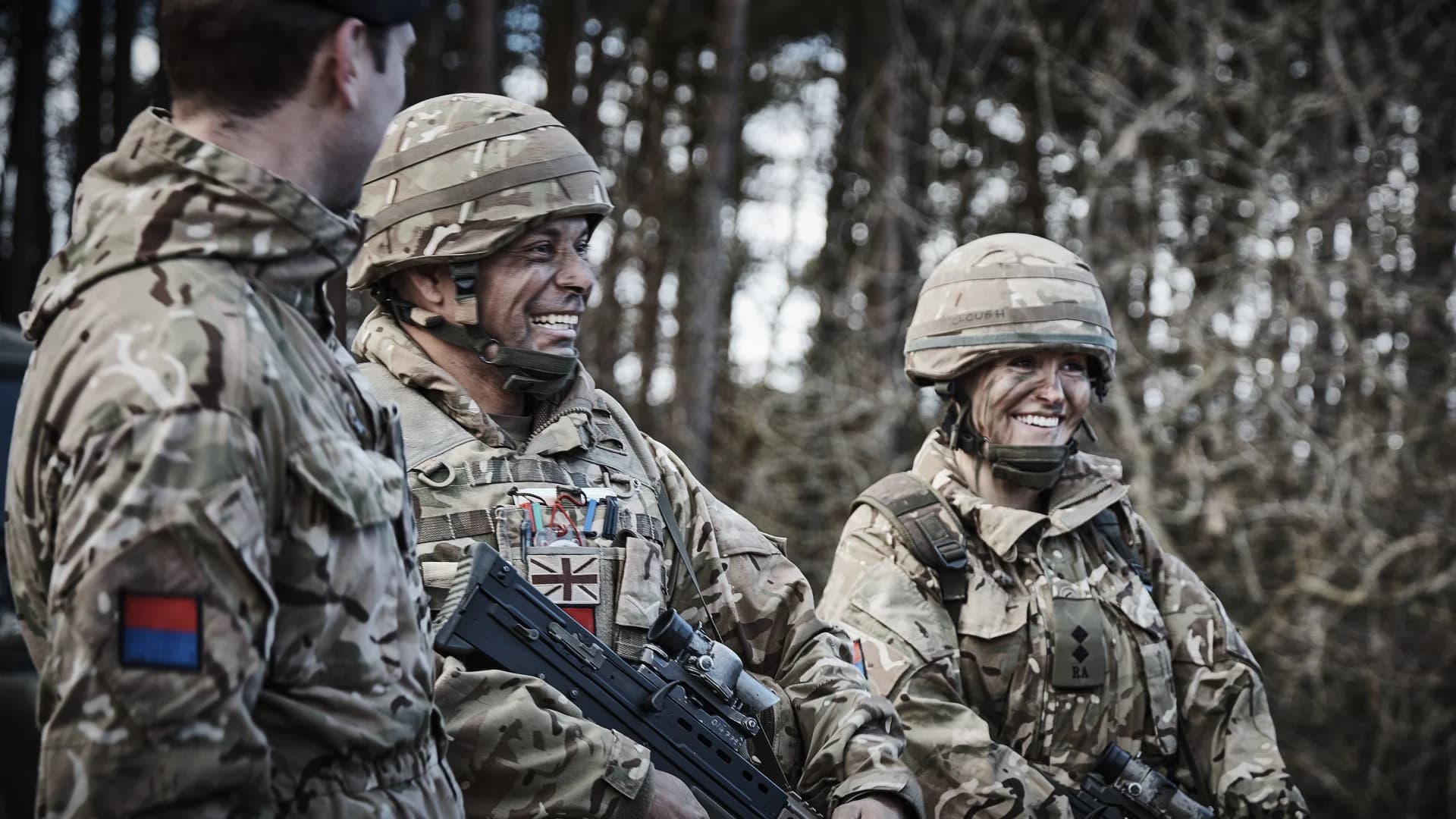
what do the 4 years you require to serve after FY1 & 2 involve, I understand it's 3 years as a GDMO but what's the 4th?

Additional information
This is if you wanted to leave after the 4 years you require to serve, without having to pay back any bursaries you are given during university. Also when returning to the NHS, would you then have to complete core medical/surgery training or do you pick a speciality from then.
Anonymous asked a question to Medical Roles
Category: Role Description
Date asked: Sunday, July 26, 2020
Last reviewed: Sunday, July 26, 2020

Tori C.
Regimental Medical Officer
Hello,
It's best to go through this question with the recruiting team directly as they should have access to the policy on this. This may not make much sense, but there is no '4th year'. Most doctors who don't want to do specialty training with the military will leave after the 3 years as a GDMO. Saying that, it's not particularly common to leave the Army after GDMO unless the Army isn't offering the specialty they want to do (it's lots of fun so most people decide to stay).
I have friends who have completed GDMO time and left, but they have either been direct entrants or they have been cadets (the old version of bursars), I think some cadets have had to pay back a small amount of money, and I heard of someone who joined the reserves for a year after they left to complete their '4th year'. It is possible to do a 4th year of GDMO, but this is usually done by doctors who haven't got into the specialty training programme they wanted first time round.
When you return to the NHS you will be at the same level as someone who has just finished FY2 (just with a better CV and some more life experience). So yes, if you want to do a medical or surgical specialty that does not offer a run though training programme, you will need to do core med/core surgical training.
Sunday, July 26, 2020
This discussion is closed, so no new comments can be added.